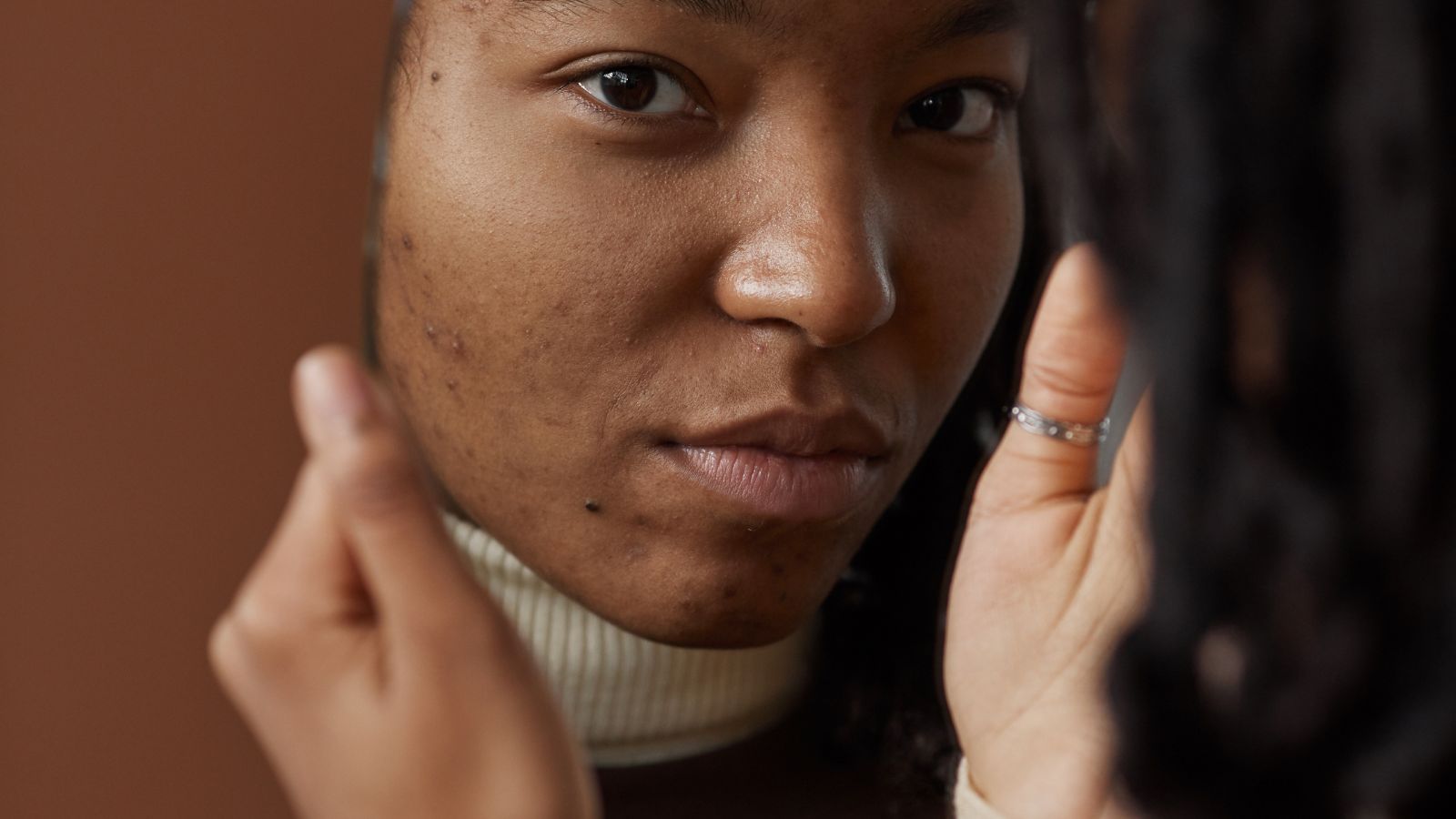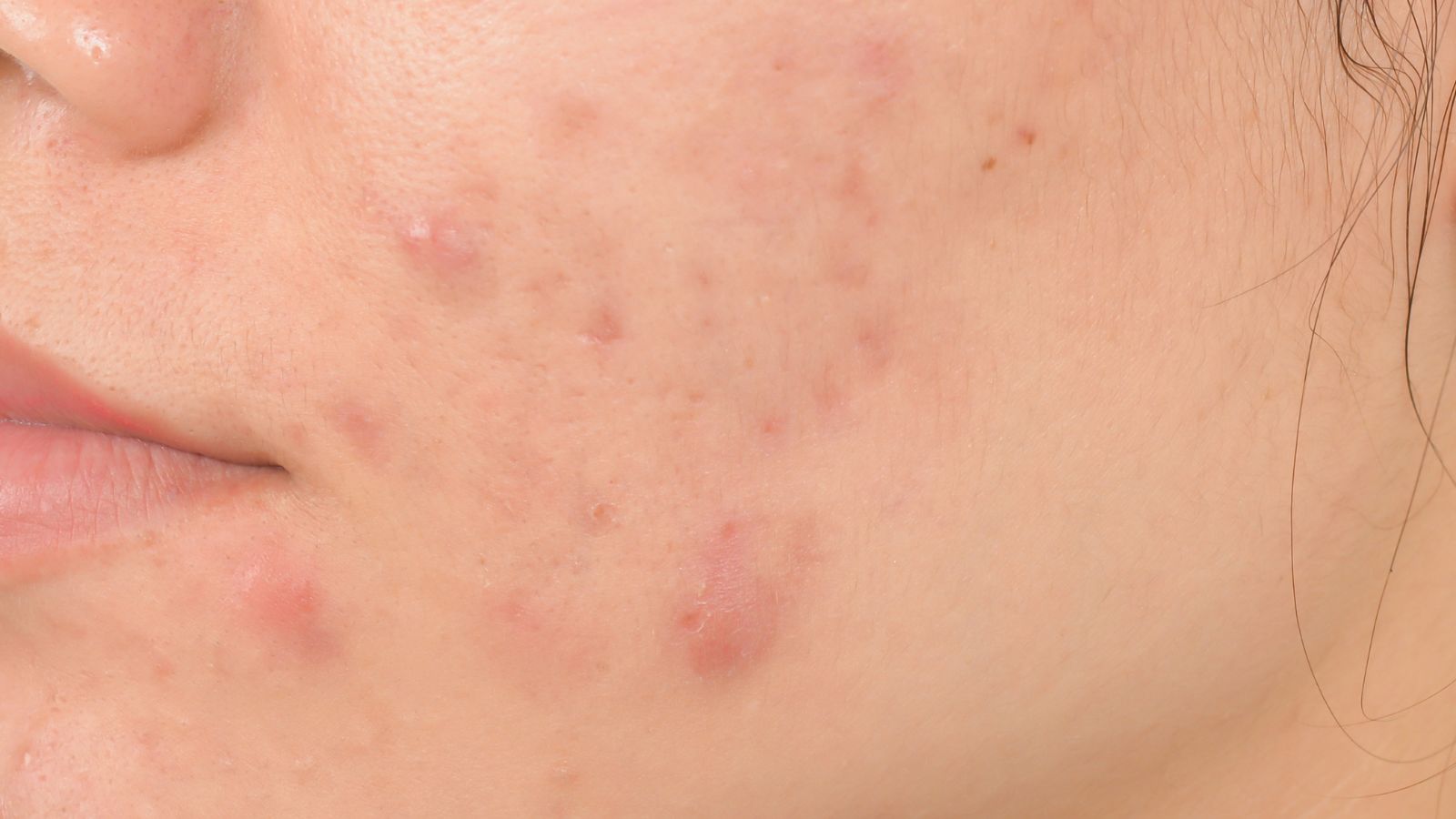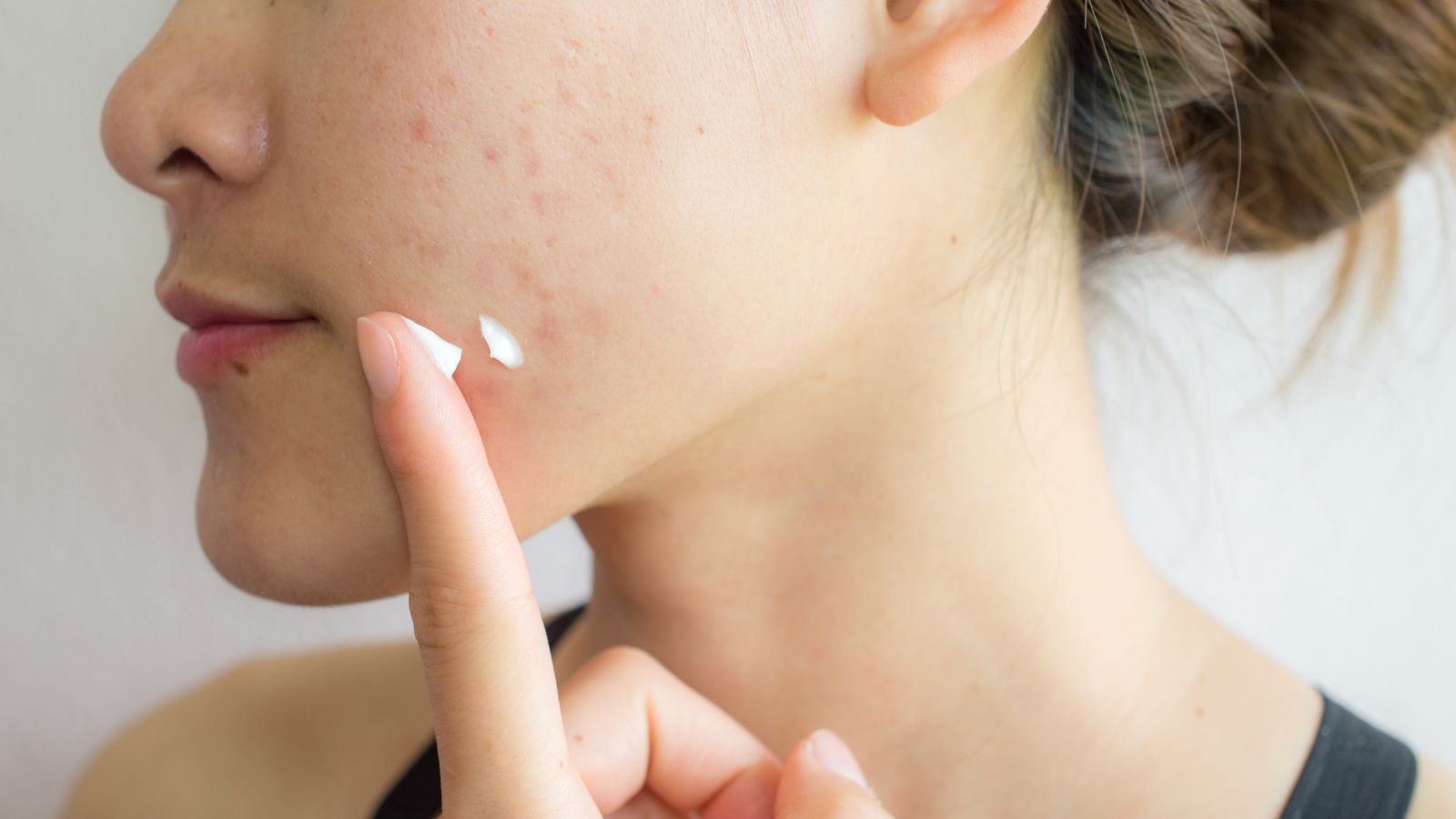Retinol, a buzzword that’s been dominating the skincare industry, is lauded as a miracle worker by beauty enthusiasts and dermatologists alike. But what exactly is retinol and why has it become the gold standard in skincare cosmetics?
This vitamin A derivative, known for its age-defying properties, has revolutionized the way we approach skincare. From reducing fine lines to improving skin texture, retinol seems to be the answer to a myriad of skin concerns. But is it really the Holy Grail of skincare, or just another fad?
 Skincare Cosmetics Retinol
Skincare Cosmetics Retinol
Uncovering the science and comparison aspects, it’s time to delve deeper into the wide world of retinol. This section will crack open the mechanism of retinol and contrast it to its cousins – the retinoids.
The Science behind Retinol
Retinol, classified as a derivative of Vitamin A, operates effectively in skincare cosmetics due to a mechanism that accelerates the turnover of skin cells. This process aids in the exfoliation of dead skin cells, leading to an increased production of new ones. Moreover, retinol aids in boosting collagen, a protein that contributes to skin elasticity and firmness, reducing the appearance of fine lines and wrinkles. Lastly, studies show that retinol can assist in repairing sun damage, possibly due to its capability to stimulate new blood vessels in the skin.
Retinol vs Retinoids: A Comparison
Delving into the retinol vs retinoids debate, it’s worth noting that both originate from Vitamin A. Yet, their functionality differs vastly. Retinol, often found in skincare cosmetics, becomes active after being converted into retinoic acid by skin enzymes. On the other hand, retinoids, which encompass a range of Vitamin A derivatives, including retinoic acid, are already biologically active, allowing them to work faster, but potentially induce more side effects. Thus one must consider their skin sensitivity and require outcomes when choosing between retinol and retinoids.
 Benefits of Retinol for Skin
Benefits of Retinol for Skin
Retinol, a derivative of vitamin A, offers several advantages for skin health. By examining its anti-aging properties and skin-repairing abilities, one gets a clearer understanding of its prominent role in skincare cosmetics.
Anti-Aging Properties of Retinol
Aging inevitably takes a toll on skin, leading to wrinkles, fine lines, and age spots. Retinol tackles these signs of aging globally. Its mechanism of action involves promoting skin cell turnover and accelerating the synthesis of collagen, a protein integral to maintaining skin elasticity. For instance, a study published in the Journal of Cosmetic Dermatology pinpointed retinol’s efficacy in wrinkle reduction after 12 weeks of use.
Skin-Repairing Abilities of Retinol
Beyond age defiance, Retinol also excels in enabling skin repair. Its proficiency roots from its capacity to enhance blood circulation to the skin, thereby promoting the repair of sun damaged tissues. Moreover, it helps to lighten hyperpigmentation resulting from acne scars or sun exposure. An article published in the British Journal of Dermatology cites the effectiveness of retinol in skin repair, particularly in tackling photo-damaged skin. By regularly incorporating retinol-infused skincare cosmetics in one’s routine, it serves to be a game-changer in skin health revitalization.
 Popular Retinol-based Skincare Cosmetics in the Market
Popular Retinol-based Skincare Cosmetics in the Market
Peering into the market, one finds a wide range of skincare cosmetics boasting retinol as a key ingredient. Diverse brands offer products either as affordable everyday skincare additions or as niche high-end cosmetic luxuries.
High-End Skincare Cosmetics with Retinol
Slipping onto the more luxurious side of the market, several retinol-infused skincare items stand out. They render promises of revolutionary skin benefits backed by potent ingredient lists. Famed luxury beauty purveyor, SkinMedica, markets an Age Defense Retinol Complex, a robust formula designed to enhance skin’s radiance and reduce the appearance of fine lines. Similarly, the StriVectin’s Retinol Night Moisturizer boasts a patented NIA-114 technology that couples retinol’s power with skin strengthening elements, rendering it a high-end powerhouse for skin revitalization.
Retinol’s blend into the celebrated Estēe Lauder’s Night Repair Serum illustrates the ingredient’s incorporation into premium skincare products. Infusing a concoction of anti-aging antioxidants alongside encapsulated retinol, this serum aims to maximally exploit retinol’s benefits, promising renewed skin in mere weeks.